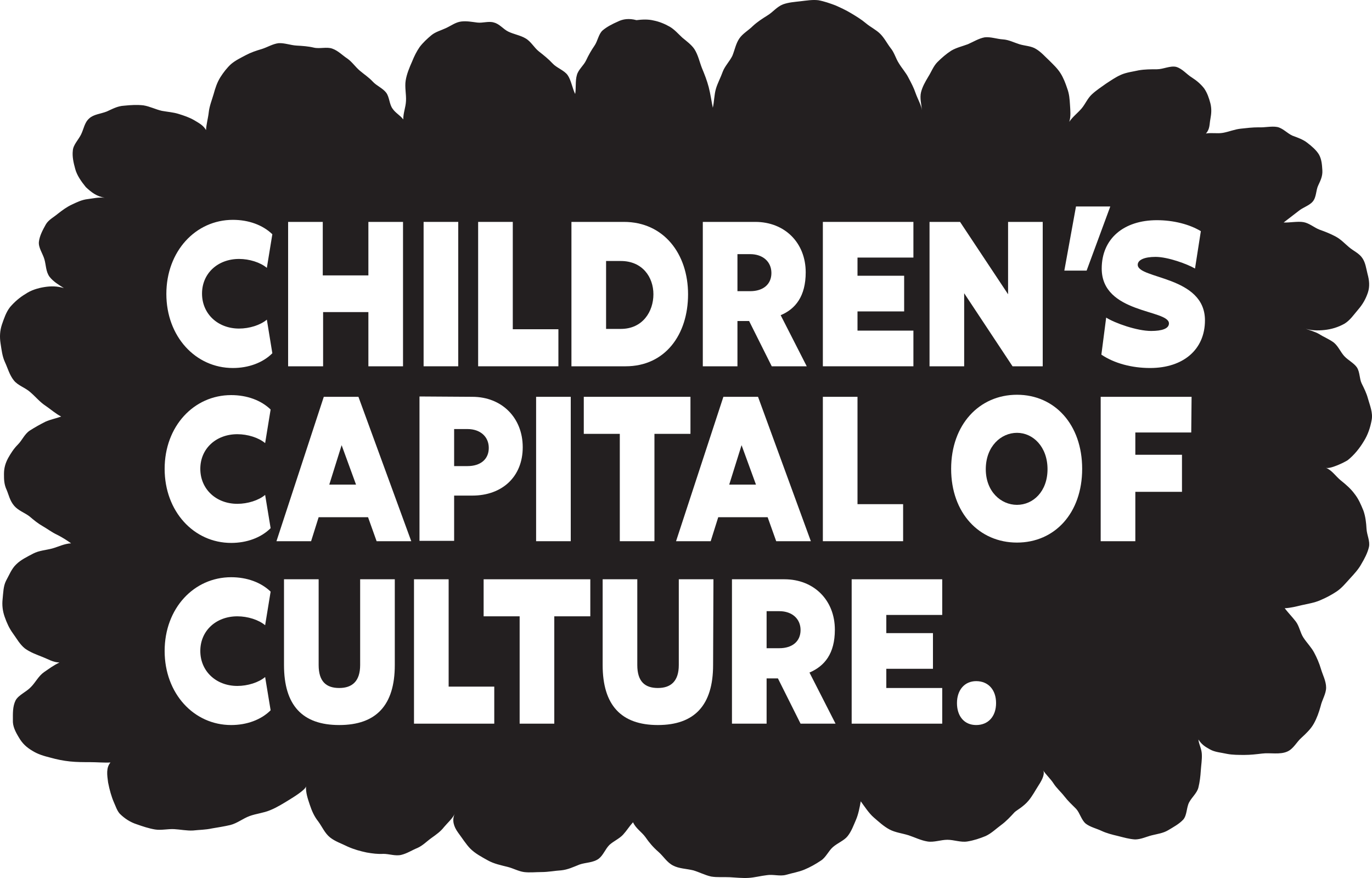Timelines and funding
If our funding bid is successful, we expect the Targeted Traineeship programme will run from April 2026 – April 2029. This three-year programme will give a cohort of trainees longer employment opportunities to learn and develop and will allow organisations an appropriate amount of time to truly embed positive adjustments to the role and the organisation as a whole.
We expect to submit our bid by 17 November 2025 and to hear the outcomes by 20 February 2026.
Example Funding Allocation for Host Organisations
|
Year 1 |
|
|
Trainee Salary (12 months at 3 days per week) |
£19,078 |
|
Creative Programming budget (allocation is awarded via application with a proposed budget submitted) |
£8,500 |
|
Access fund for costs such as BSL interpreter, specialist software, ramp installation etc. Allocation is awarded via consultation with successful applicant) |
£2,500 |
|
Year 2 |
|
|
Trainee Salary (12 months @ 3 days per week) 50% funded |
£9,539 |
|
Creative Programming budget |
£4,250 |
|
Access fund |
£2,500 |
|
Year 3 |
|
|
Trainee Salary (12 months @ 3 days per week) 25% funded |
£4,769.50 |
|
Creative Programming budget |
£2,125 |
|
Access fund |
£2,500 |
|
Total amount of funding received by the host organisation: |
£55,761.50 |
|
Total minimum amount of cash match the host organisation must provide: |
£32,847.50 |
Examples of Trainee Access Needs
Emily is a wheelchair user and therefore needs a physically accessible environment to be able to do her job effectively; this will include things such as access to suitable disabled toilets and a disabled parking space. Depending on where the traineeship is based, this may also include changes and additions to the building, such as the installation of ramps, and reconfiguration of the office layout to allow ample space for a wheelchair to move around safely.
Ryan is deaf and has a learning disability and therefore needs specialist human support to be able to do his job effectively. This will include a BSL interpreter and a workplace mentor; this could be one person fulfilling both roles, or it could be two different people. Ryan may also need transport arranging to get to and from work.
In both Emily and Ryans case, it is possible that they will become fatigued more quickly than other members of the team due to the barriers they must overcome on a daily basis. For this reason, it may be better for them to spread their hours across the week and work shorter days, rather than three full days. Alternatively, they may find it beneficial to work in an annualised structure, meaning the trainee’s total working hours for the year can be worked flexibility, working more hours during some parts of the year and less during others.
